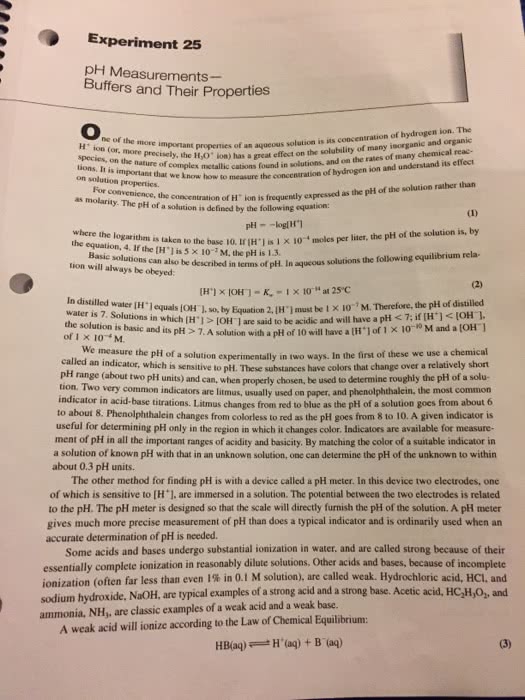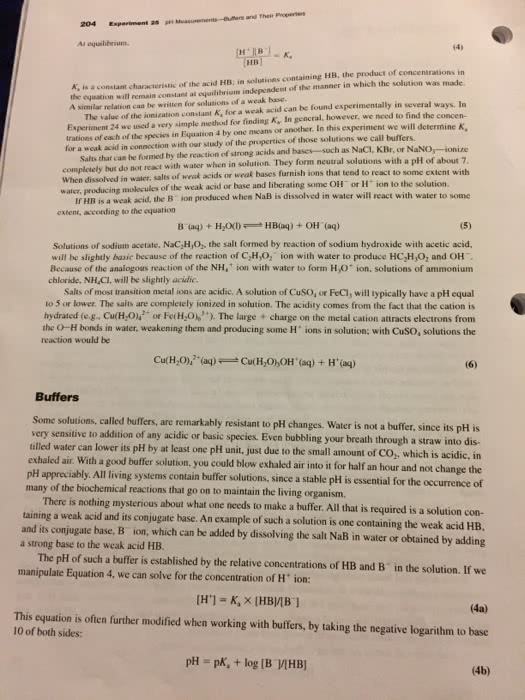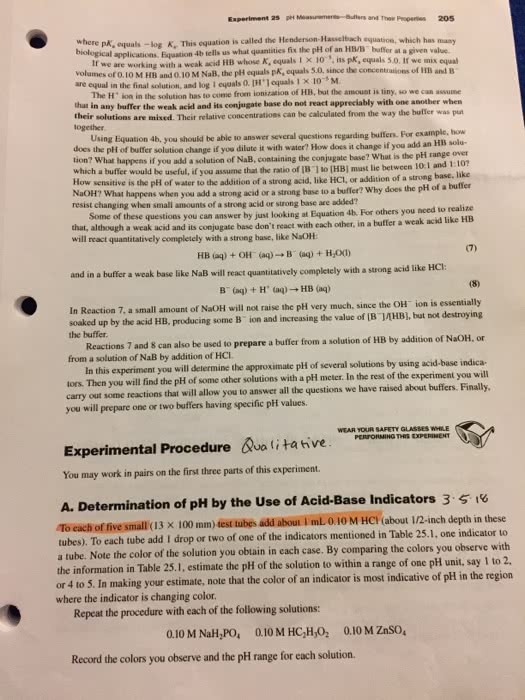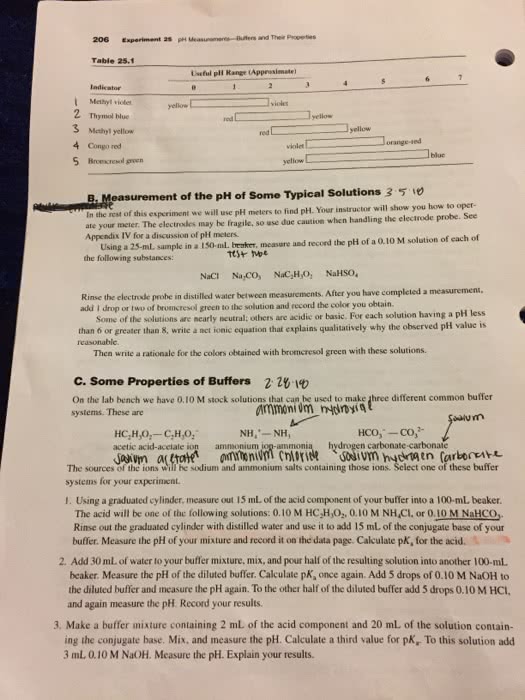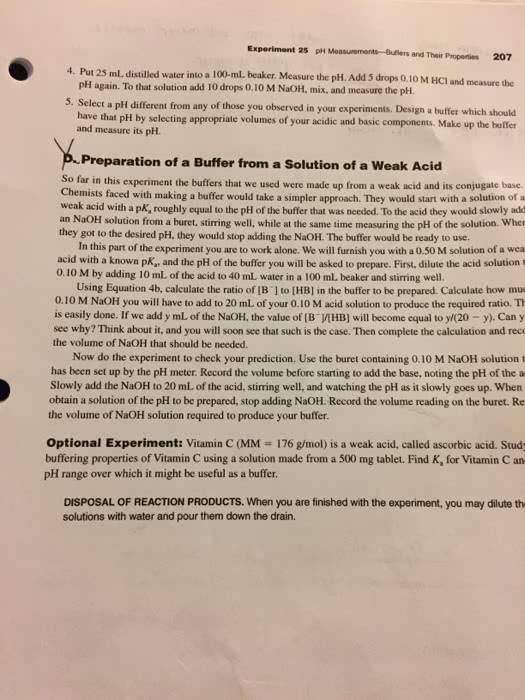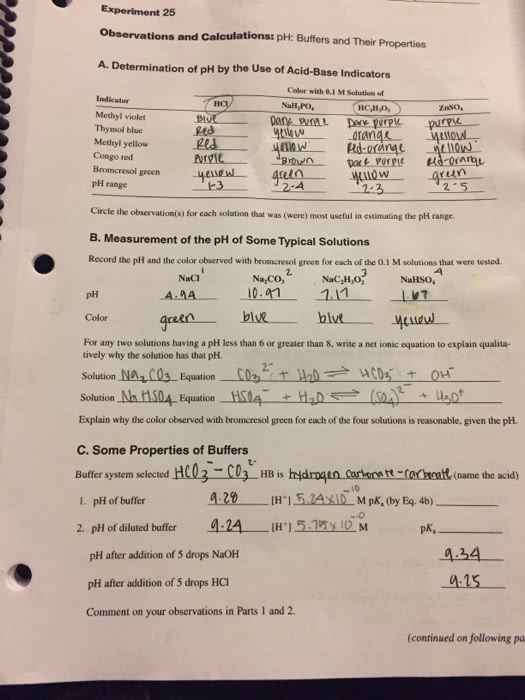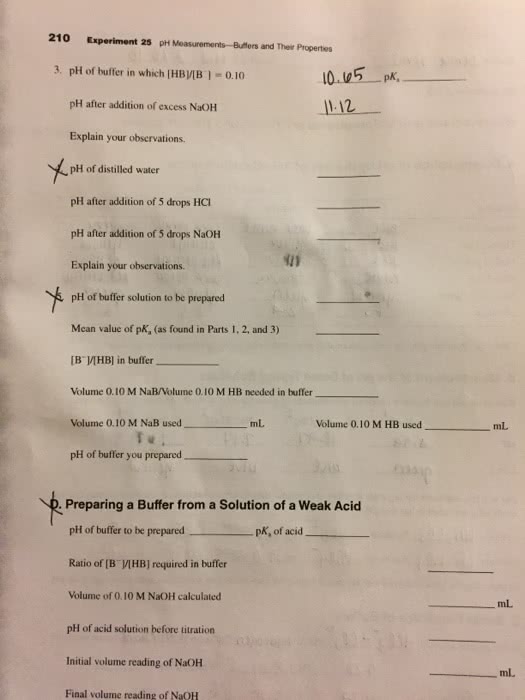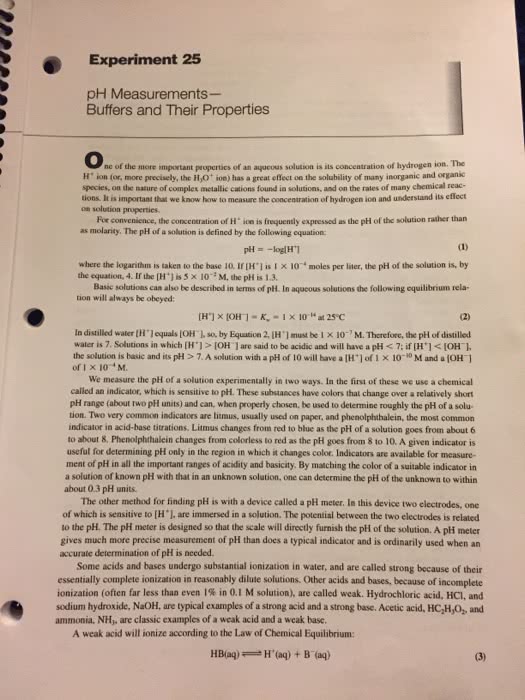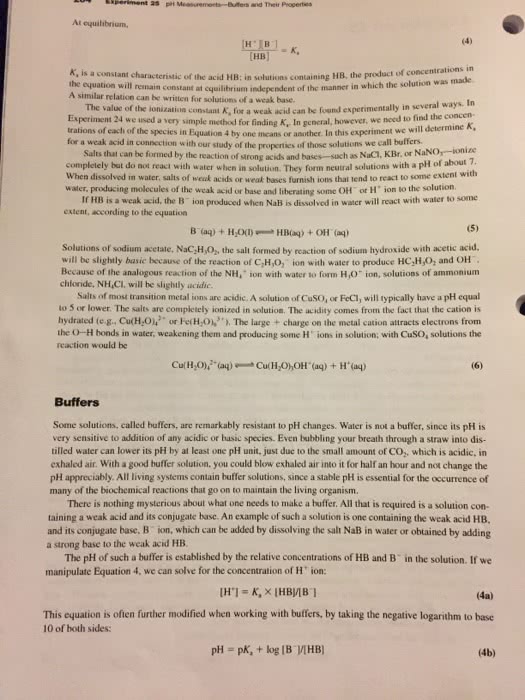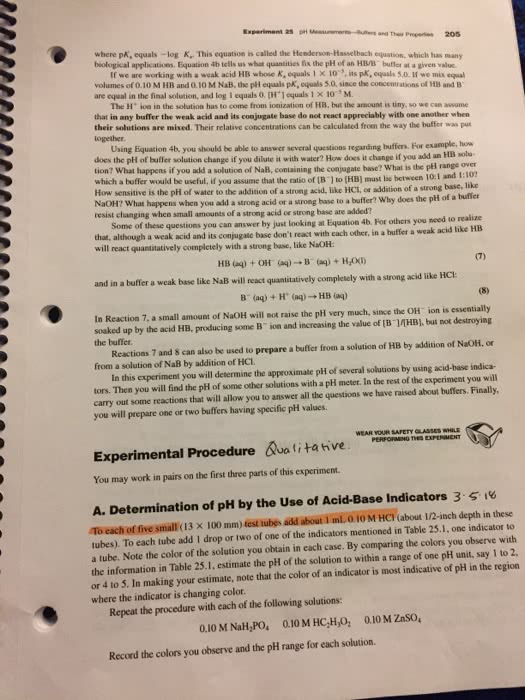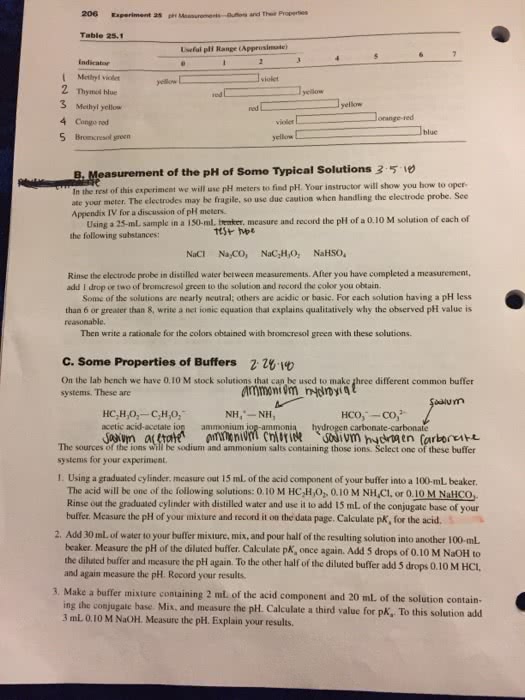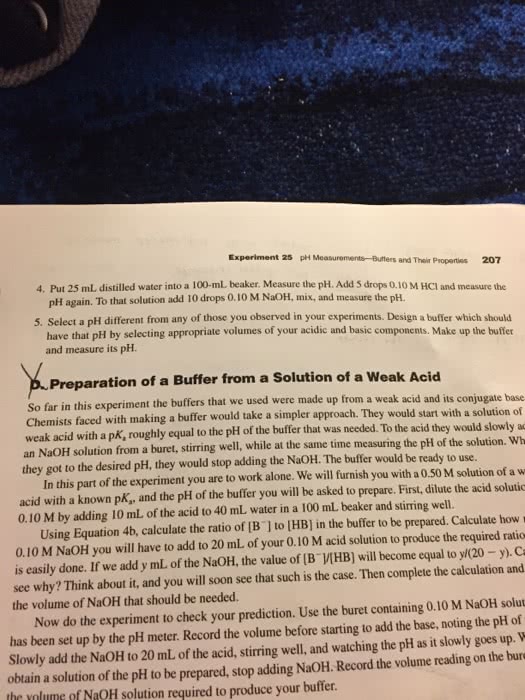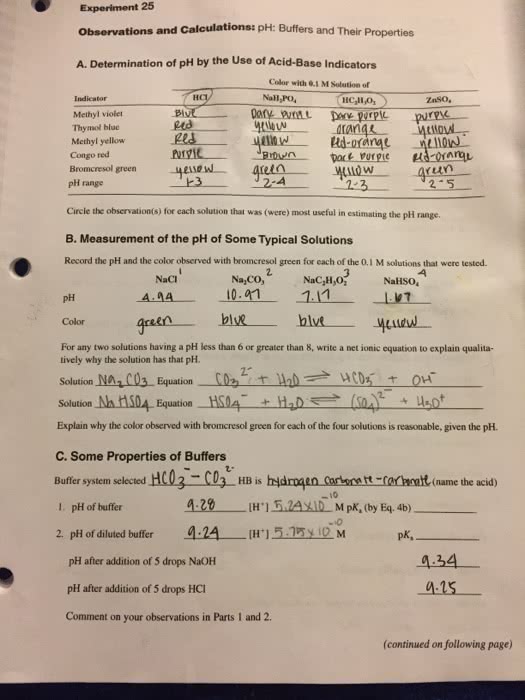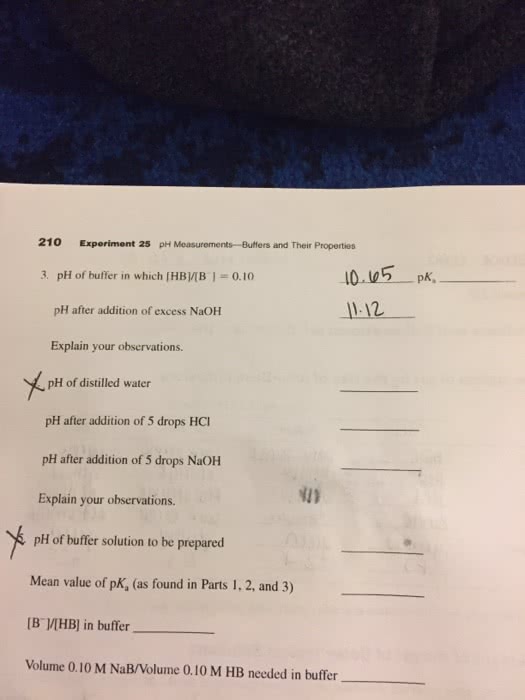CHEM 130 Chapter Notes - Chapter 4: Hydrogen Bond, Joule
52 views1 pages
Document Summary
An isolated proton is incredibly reactive formation of h3o+ in water hydrochloric acid is a strong acid: the free energy g for its ionization equilibrium in water is 40kj mol 1. Such a large negative g value means that the equilibrium lies well over to the right. In the gas phase, however, things are drastically different and g for the ionization is +1347 kj mol 1. This g value corresponds to 1 molecule of hcl in 10240 being dissociated! Hcl does not spontaneously ionize in the gas phase it does not lose protons at all. The key to this problem is, of course, the water. In the gas phase we would have to form an isolated proton (h+, hydrogen ion) and chloride ion and this is energetically very unfavourable. In contrast, in aqueous solution the proton is strongly attached to a water molecule to give the very stable hydronium ion, h3o+, and the ions are no longer isolated but solvated.
Get access
Grade+20% off
$8 USD/m$10 USD/m
Billed $96 USD annually

Homework Help
Study Guides
Textbook Solutions
Class Notes
Textbook Notes
Booster Class
40 Verified Answers
Class+
$8 USD/m
Billed $96 USD annually

Homework Help
Study Guides
Textbook Solutions
Class Notes
Textbook Notes
Booster Class
30 Verified Answers
Related textbook solutions
Chemistry: Structure and Properties
2 Edition,
Tro
ISBN: 9780134293936
Basic Chemistry
5 Edition,
Timberlake
ISBN: 9780134138046
Principles of Chemistry Molecular Approach
4th Edition,
Tro
ISBN: 9780134112831
Chemistry: Structure and Properties
2nd Edition,
Tro
ISBN: 9780134293936
Principles of Chemistry Molecular Approach
3rd Edition, 2014
Tro
ISBN: 9780321971944
Chemistry: A Molecular Approach
3rd Edition,
Tro
ISBN: 9780321809247
Chemistry: A Molecular Approach
5th Edition,
Tro
ISBN: 9780134874371
Principles of Chemistry: A Molecular Approach
4th Edition,
Tro
ISBN: 9780134895741
Chemistry: The Central Science
14th Edition, 2017
Brown
ISBN: 9780134414232


